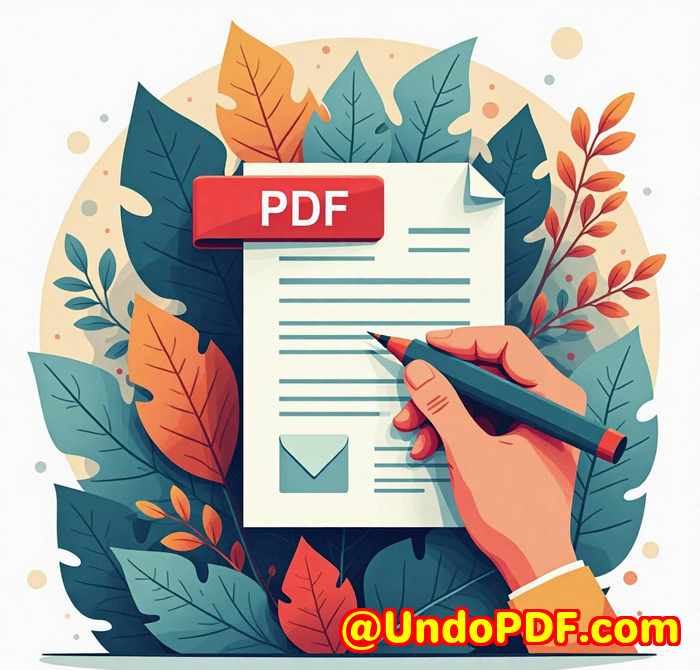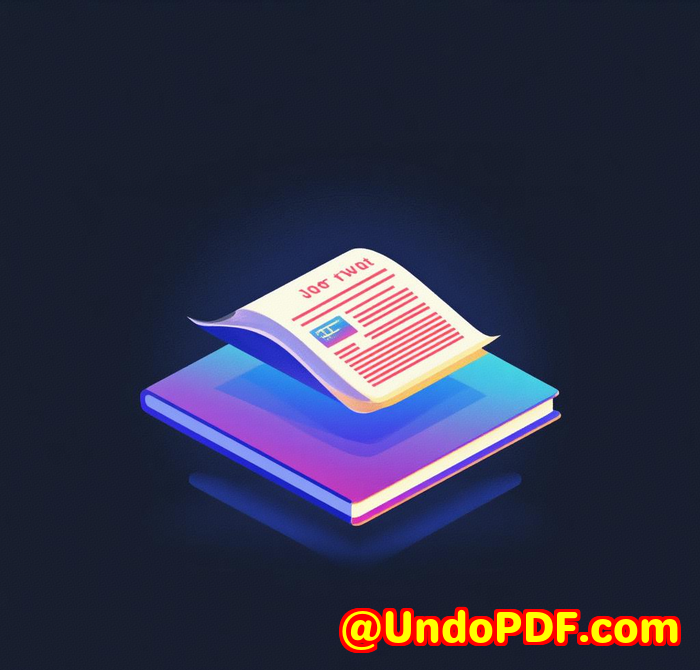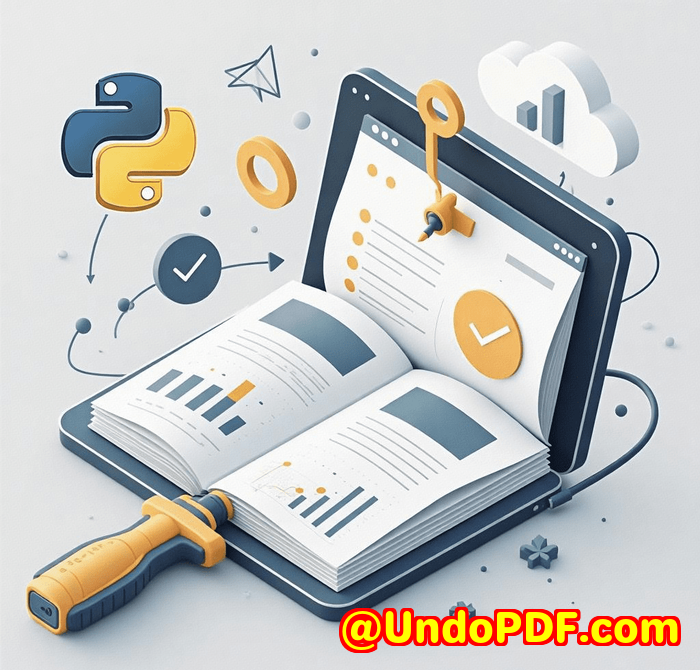Compare Royalty-Free PDF Printer SDKs VeryPDF vs PDFCreator vs novaPDF
Compare Royalty-Free PDF Printer SDKs: VeryPDF vs PDFCreator vs novaPDF
Every developer knows the struggle of needing to integrate a “Print to PDF” function into an application but dealing with the complexities of choosing the right SDK for the job. Should you go for an open-source solution, or is it worth investing in a premium SDK with more features? With so many options available, it can be overwhelming. In this post, I’ll compare three popular royalty-free PDF printer SDKs: VeryPDF, PDFCreator, and novaPDF. By the end, you’ll know which one is best suited for your needs.

What Makes a Good PDF Printer SDK?
Before diving into the comparison, let’s talk about the key features that make a PDF printer SDK valuable for developers:
-
Ease of Integration: You need something that can be seamlessly added to your application without a ton of hassle.
-
Customization Options: The ability to modify settings like output paths, file names, and security options is crucial.
-
Support for Multiple Formats: You want to ensure the SDK supports multiple file formats, from PDFs to images and even text.
-
Cross-Platform Compatibility: The SDK should work on multiple versions of Windows, ideally from XP through to the latest versions.
-
Security Features: If you’re dealing with sensitive documents, built-in encryption options are a must.
With these in mind, let’s break down the three SDKs.
VeryPDF Virtual PDF Printer SDK: A Developer’s Swiss Army Knife
I’ve used VeryPDF Virtual PDF Printer SDK for several projects, and let me tell youit’s a game-changer for developers. This SDK stands out for its flexibility and comprehensive feature set.
One thing that sets VeryPDF apart is its royalty-free licensing. You get to distribute your application without worrying about ongoing costs or licensing fees. This makes it an excellent choice if you’re developing an application that you plan to distribute widely.
Key Features I Love:
-
Multiple Output Formats: VeryPDF doesn’t just create PDFs. It supports a wide range of file formats like JPEG, TIFF, BMP, and even PCL files. That flexibility can be a lifesaver, depending on the nature of your project.
-
Customisation & Configuration: The SDK allows you to specify the output PDF filename and customize printer names in the configuration file. This level of control is crucial when automating tasks.
-
PDF Security: You can encrypt PDFs with 128-bit encryption right out of the box. If you’re dealing with confidential documents, this is a major plus.
-
Support for Non-English Systems: I’ve worked on projects that needed multi-language support, and VeryPDF handled foreign language Windows environments better than many other options.
What really stood out to me was the integration ease. It was incredibly simple to add the “Print to PDF” functionality into the apps I was working on. For a developer, this is huge. Plus, the SDK supports various programming languages like C#, VB.NET, and C++, making it highly adaptable.
Advantages:
-
Royalty-free for redistribution
-
Multiple output formats
-
Strong encryption and security features
-
Cross-platform support (from XP to Windows 11)
If you’re looking for an all-around solid choice with powerful features, VeryPDF should be on your radar.
PDFCreator: The Open-Source Option
On the other hand, PDFCreator is an open-source PDF printer that some developers swear by. It’s free, so if you’re working on a tight budget, it’s definitely an attractive option.
However, while it’s easy to get up and running with PDFCreator, I found the feature set a bit more limited compared to VeryPDF. PDFCreator has decent support for PDF encryption, but its integration capabilities are less flexible. For example, customisation options for output paths are a bit clunky, and it doesn’t have the same level of support for file formats like images or PCL files.
Another limitation is that PDFCreator works best with Windows systems but doesn’t support as many versions as VeryPDF. Plus, its open-source nature means you might encounter bugs or issues that could take time to fix.
Advantages:
-
Free and open-source
-
Basic encryption support
-
Good for simple PDF printing needs
If you’re looking for something basic and free, PDFCreator could workbut keep in mind that it doesn’t have the extensive features you might need in a more complex application.
novaPDF: A Paid but Robust Solution
Lastly, we have novaPDF, which is a solid paid alternative to VeryPDF. It’s a good fit if you’re looking for something a bit more polished than PDFCreator but don’t need all of VeryPDF’s advanced features.
What stood out to me about novaPDF is its user-friendly interface. It’s a breeze to set up and integrate into your application, making it ideal for less experienced developers who need to implement PDF creation without diving deep into the code.
However, I found the customisation options a bit lacking. You can change the output filename, but it doesn’t offer the same level of configuration flexibility that VeryPDF does. It also lacks the variety of file formats supported by VeryPDF, which could be a dealbreaker depending on your project.
Advantages:
-
Easy setup and integration
-
Solid performance for basic PDF creation
-
Good customer support
If you don’t need a ton of customisation and just want a simple PDF printer, novaPDF might be a good fit, but it’s not as feature-packed as VeryPDF.
Conclusion: Which One Should You Choose?
So, which SDK is the best fit for your project?
-
VeryPDF is the clear winner if you need a robust, feature-rich SDK that supports a variety of file formats and provides strong security features. It’s perfect for developers who need flexibility and reliability.
-
PDFCreator works well if you’re on a tight budget and only need basic PDF printing capabilities. However, the lack of advanced features may limit its usefulness for more complex tasks.
-
novaPDF is a solid middle ground, offering good performance and ease of use, but it doesn’t have the same level of customisation as VeryPDF.
If you want to give it a try, I’d highly recommend VeryPDF for anyone working on serious development projects. The ease of integration, multiple output formats, and advanced security options make it well worth the investment.
Custom Development Services by VeryPDF
If your project requires more than just a simple PDF printer, VeryPDF offers custom development services tailored to meet your needs. Whether you need specialised PDF processing solutions or require custom integrations, VeryPDF’s team has the expertise to bring your ideas to life.
Visit VeryPDF’s Support Center to discuss your project requirements and learn more about how they can help with custom development services.
FAQs
1. Can VeryPDF Virtual PDF Printer SDK be used on all Windows versions?
Yes, it works on all Windows versions from XP to the latest Windows 11.
2. Is VeryPDF Virtual PDF Printer SDK free to use?
No, it’s a paid SDK, but it comes with a royalty-free license for redistribution, making it ideal for commercial applications.
3. Can I use VeryPDF for non-English systems?
Yes, VeryPDF offers great support for foreign language Windows environments.
4. Can I create other file types besides PDFs with VeryPDF?
Yes, VeryPDF supports a range of formats including JPEG, TIFF, and PCL files.
5. Does VeryPDF offer custom development services?
Yes, VeryPDF offers custom development services to meet your specific technical needs. You can contact them for more details.
Tags/Keywords
-
VeryPDF SDK
-
PDF Printer SDK
-
Royalty-Free PDF Printer
-
Integrating Print to PDF
-
PDF Creator Comparison
Explore VeryPDF Virtual PDF Printer Driver SDK Software at: https://www.verypdf.com/app/document-converter/try-and-buy.html



